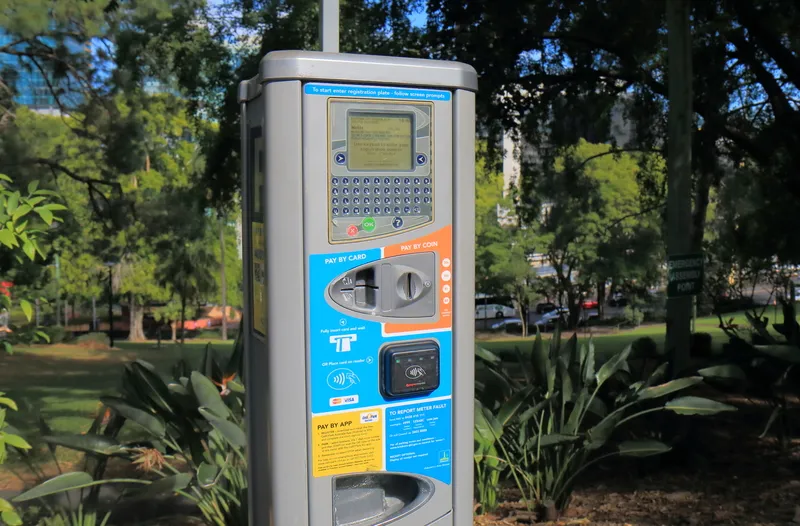The challenging issue of revenue collection was under discussion at the 2013 Australian National Electronic Tolling Committee (NeTC) Forum hosted in Brisbane in May by ITS Australia. ITS Australia chief executive officer Susan Harris said the collection debate focused on ways to educate customers about the rationale for charges, payment processes and tactics to avoid repeat deliberate non-payers. The Forum provided an opportunity for industry and government to explore case studies about the costs of process
June 17, 2013
Read time: 2 mins
The challenging issue of revenue collection was under discussion at the 2013 Australian National Electronic Tolling Committee (NeTC) Forum hosted in Brisbane in May by 858 ITS Australia.
ITS Australia chief executive officer Susan Harris said the collection debate focused on ways to educate customers about the rationale for charges, payment processes and tactics to avoid repeat deliberate non-payers.
The Forum provided an opportunity for industry and government to explore case studies about the costs of processing toll payment infringements, compared to debt recovery costs in other industries. "Open discussion among the international delegates also highlighted the benefits of collaboration among stakeholders to reduce non-payment and to standardise effective solutions," said Susan Harris.
Participants from across Australasia discussed hot topics including alternative transport pricing models that could help reduce peak traffic congestion, sophisticated toll tag systems and freeway electronic toll collection, as well as Singapore’s new global navigation satellite system (GNSS)-based congestion charging project developed by81 Kapsch TraffiCom.
Other speakers discussed moving to more market based approaches to tolling and the use of the new video tolling technology as a tool, which enables differential tolling for vehicle use, rather than just vehicle type.
Another major project discussed was the value of wireless technology for ITS video feeds on the Logan Motorway Upgrade and Rehabilitation project in Queensland, Australia, where the improved quality of closed circuit television images with lower data volumes are providing flexibility for future infrastructure upgrades, without the need to relocate infrastructure.
Susan Harris said the 2013 NeTC enjoyed strong attendance with over 120 attendees reflecting the theme of Tolling and beyond – Australia, Asia and the rest of the world. In addition to their Australian colleagues, the organising committee hosted delegates from Europe, Hong Kong, New Zealand, Singapore, Taiwan, UK, and the USA.
ITS Australia chief executive officer Susan Harris said the collection debate focused on ways to educate customers about the rationale for charges, payment processes and tactics to avoid repeat deliberate non-payers.
The Forum provided an opportunity for industry and government to explore case studies about the costs of processing toll payment infringements, compared to debt recovery costs in other industries. "Open discussion among the international delegates also highlighted the benefits of collaboration among stakeholders to reduce non-payment and to standardise effective solutions," said Susan Harris.
Participants from across Australasia discussed hot topics including alternative transport pricing models that could help reduce peak traffic congestion, sophisticated toll tag systems and freeway electronic toll collection, as well as Singapore’s new global navigation satellite system (GNSS)-based congestion charging project developed by
Other speakers discussed moving to more market based approaches to tolling and the use of the new video tolling technology as a tool, which enables differential tolling for vehicle use, rather than just vehicle type.
Another major project discussed was the value of wireless technology for ITS video feeds on the Logan Motorway Upgrade and Rehabilitation project in Queensland, Australia, where the improved quality of closed circuit television images with lower data volumes are providing flexibility for future infrastructure upgrades, without the need to relocate infrastructure.
Susan Harris said the 2013 NeTC enjoyed strong attendance with over 120 attendees reflecting the theme of Tolling and beyond – Australia, Asia and the rest of the world. In addition to their Australian colleagues, the organising committee hosted delegates from Europe, Hong Kong, New Zealand, Singapore, Taiwan, UK, and the USA.









